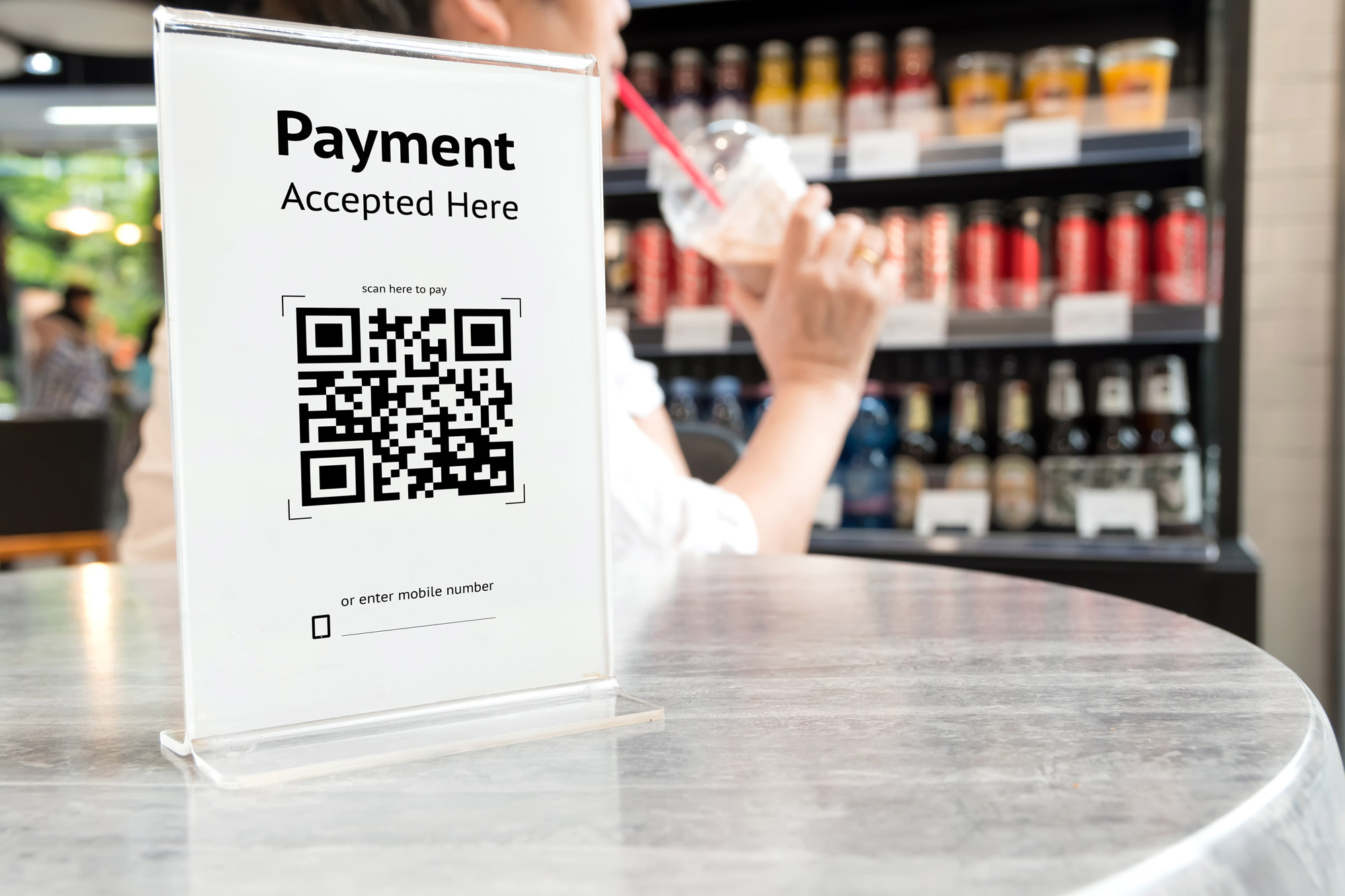I WANT
RELATED LINKS
I WANT
RELATED LINKS
RELATES LINKS
I WANT
RELATES LINKS
Services
Related Links
Use and Management of Cookies
We use cookies and other similar technologies on our website to enhance your browsing experience. For more information, please visit our Cookies Notice.
- Personal Banking
- Stories & Tips
- Life Style
- The 'cashless society' marches ahead in Thailand
- Personal Banking
- ...
- The 'cashless society' marches ahead in Thailand
The 'cashless society' marches ahead in Thailand
01-02-2018
Paying by cash is starting to look dated. Digital transactions have increasingly replaced cash payments during the past decade. People are carrying less cash than ever before. It appears we are in the middle of an evolution toward a "cashless society."
This topic has been in the news for some time. Adoption of digital payment systems has progressed rapidly in many countries. Payment by credit card and debit card started to displace the use of cash many years ago. More recently, new electronic payment platforms, such as e-wallets and other mobile applications, have become popular. A completely cashless society may emerge in some countries before very long. In Sweden, for example, you can pay for a can of Coca-Cola or other very small purchase using a credit card. In the not too distant future, countries like these will lead in the global transformation of banking and finance as they adopt new technological platforms like blockchain.
As for Thailand, people here increasingly use mobile phones and tablets to conduct financial transactions anytime, anywhere. Popular apps include ones that handle online account management, online money transfers and the QR code "scan-and-pay" system. Nevertheless, cash payment is still required at some stores, and the fully cashless society has yet to arrive.
The ongoing development of new and better digital technologies is helping drive adoption of cashless payment systems. Consumer behavior is changing in parallel with tech. Now that most Thais have embraced the use of smartphones, we tend to react more positively to new technology. The government, too, is supporting change by promoting digital infrastructure development that will conform to its National e-Payment Master Plan. These are all factors that are accelerating progress toward a completely cashless society in Thailand, which will benefit businesses and the public by making transactions more convenient and less costly. Eliminating cash will also save the government from having to spend budget on the printing and handling of banknotes.

It's clear that the government sector needs to lead the transformation by motivating businesses to play an active role. Joint efforts are needed to eliminate reliance on cash. One big government initiative is PromptPay, a system that makes it easy to send payments to registered individuals and businesses using only their mobile phone number or national I.D. number. Transfer fees range from 0 to 10 baht, which is very low. A bank might charge as much as 35 baht for a transfer between clearing districts, even to an account at the same institution.
Even though the government and businesses are prioritizing development of the cashless society, it is still a challenge to get people to understand and trust the system. Many people worry about transaction security. After all, digital systems are vulnerable to unstable online connections, hackers and phishing. Some individuals are prone to chronically overspend when they make purchases without the use of physical cash. It will take time to promote a better understanding of these issues.
Factors accelerating emergence of a cashless society include:
1. Growing number of smartphone users
2. Growth in geographic coverage by broadband and mobile telecommunications networks
3. Increase ease and reliability of digital transactions
4. National e-payment system promoted by Thai government
